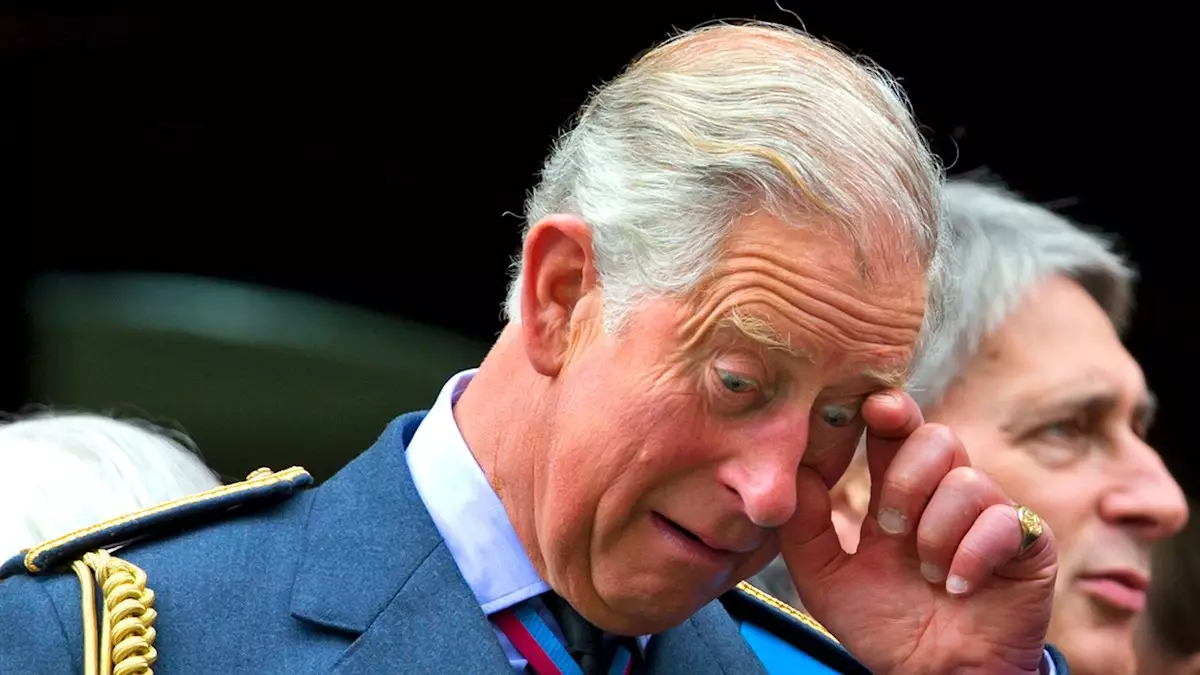The health of any monarch often becomes a focal point of public interest, but the recent cancer diagnosis of King Charles has ignited a profound conversation around the medical care extended to royals. Although Buckingham Palace made a concerted effort to maintain the confidentiality of the King’s treatment, the subsequent New Year Honours list revealed more than perhaps was intended. The recognition of two doctors within his treatment team provides insight not only into the King’s health but also the intricate dynamics of royal healthcare.
As part of the 2025 Honours List, King Charles recognized Dr. Douglas Glass and Professor Richard Leach for their exemplary service. The awarding of the Royal Victorian Order (RVO) serves not only as a nod to their professional contributions but also highlights the trust placed in these individuals by the monarchy. Dr. Glass, who had served as the personal apothecary to both King Charles and Queen Elizabeth II, was present during significant transitions in royal history, notably at Balmoral when the Queen passed away. His continuous presence in the royal lineage symbolizes the close-knit relationship between the monarchy and its medical practitioners.
On the other hand, Professor Leach’s connection with King Edward VII’s Hospital, a long-time sanctuary for royal health, reinforces the tradition of elite medical care provided to the royal family. This acknowledgment is significant not just for the doctors themselves, but also illustrates King Charles’ commitment to valuing the contributions made by those who assist him during troubling times.
Despite the public revelations regarding these honored individuals, the position of head of the Royal Medical Household went to Dr. Michael Dixon, a seasoned practitioner known for his contemporary approach that includes complementary and alternative medicine. His appointment raised eyebrows, particularly due to his known interest in homeopathy. Critics worried that this preference could divert focus away from more conventional, evidence-based treatments, particularly in light of the serious nature of cancer.
Buckingham Palace’s clarification that Dr. Dixon does not advocate homeopathy as a standalone treatment for cancer, instead promoting a supplementary role for such therapies, aims to reassure the public about the validity of the King’s medical care. This nuanced stance on integrated health reflects King Charles’ long-held position on health care during his tenure as Prince of Wales.
The complexities surrounding King Charles’ medical care exemplify the delicate balance between public interest and personal privacy for royal figures. The recognition of healthcare professionals in the royal context not only underscores the pivotal roles they serve during dire times but also opens a debate about the future of medical practices within the monarchy. As King Charles navigates his health challenges, the intersection of medical honor and the traditional values of the monarchy will undoubtedly play an essential role in shaping the royal legacy.

